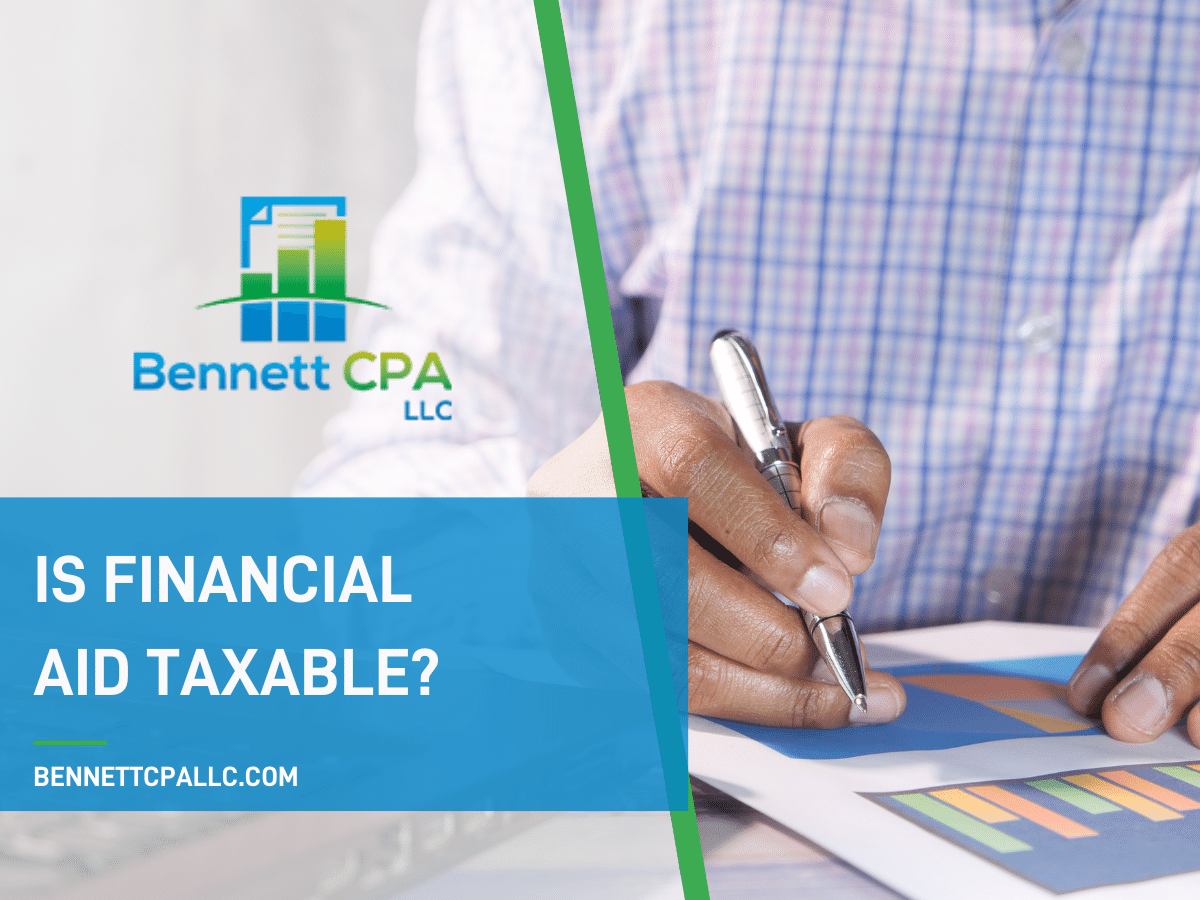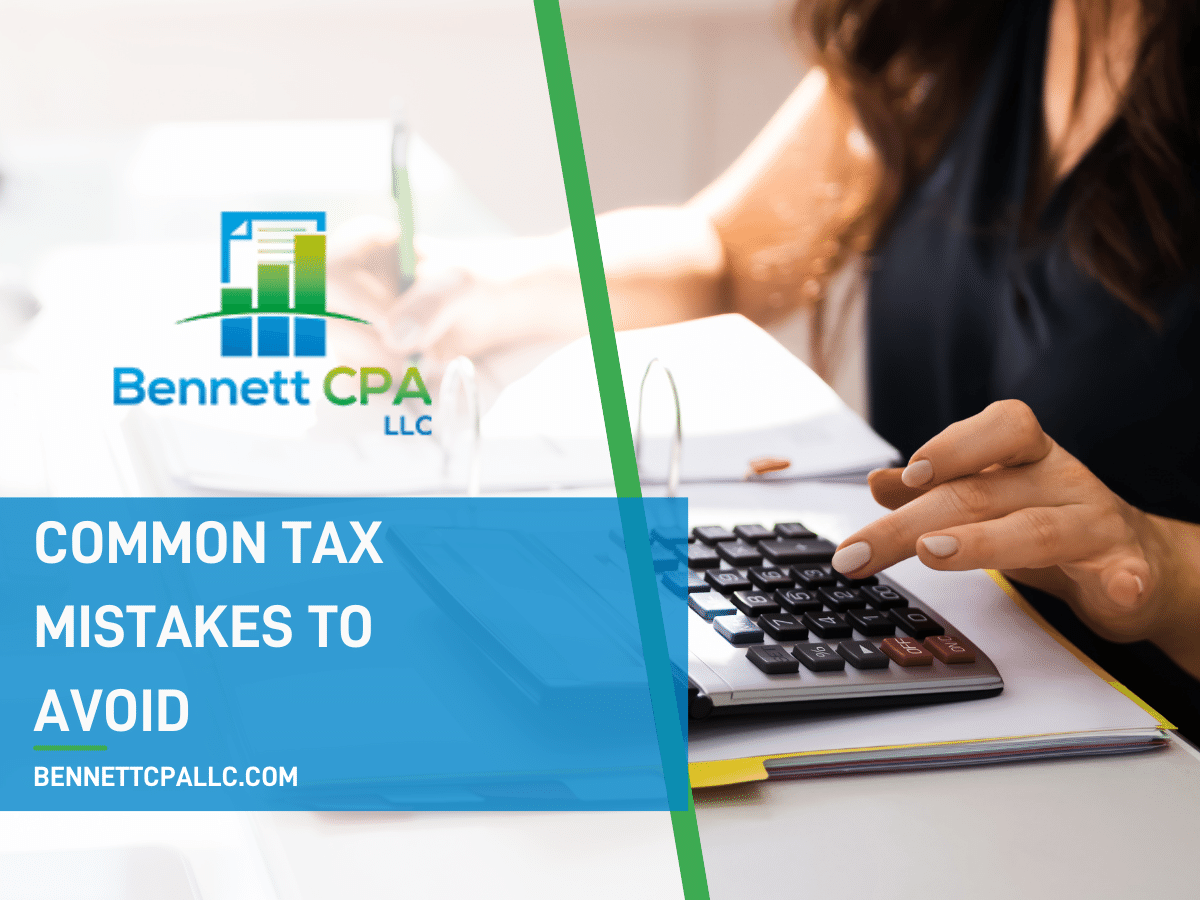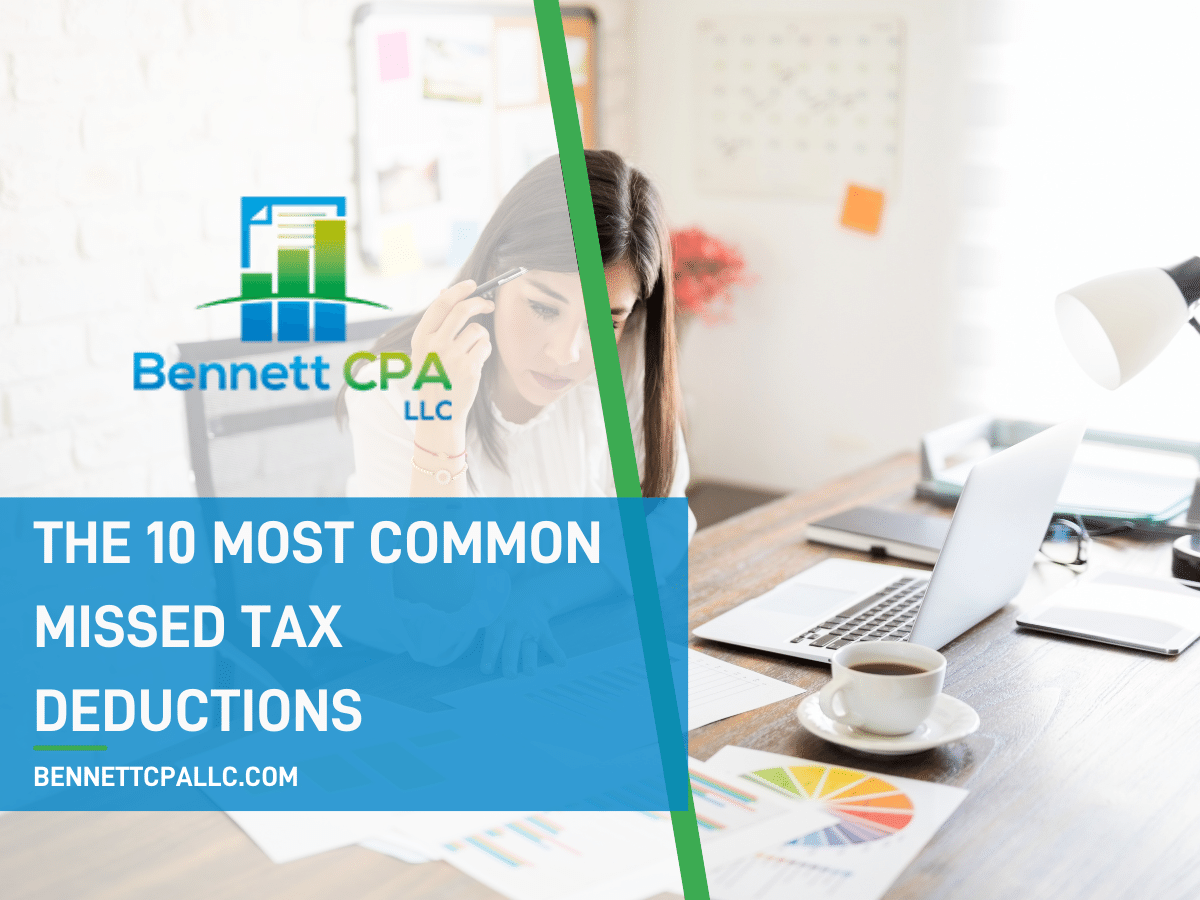College is expensive, which means you’re probably like most students who use financial aid to finance their degree. There are many types of financial aid for students to use for their education, and how you use your financial aid may have an impact on what is reported on your federal tax return. As such, you may be wondering if your financial aid is taxable.
At Bennett CPA, Merrill Bennett is a certified public accountant in Colorado Springs with years of tax experience and knowledge. While taxes can be complex and confusing, Bennett strives for clarity, efficiency, and simplicity. This is why Bennett CPA is here to help clarify whether financial aid is taxable and what this means for your taxes.
What is Financial Aid?
Financial aid refers to the money that helps you pay for your higher education. Specifically, this money can come from federal, state, institutional, and private sources to finance your education. Some types of financial aid include:
- Educational loans
- Educational grants
- Scholarships
- Work study
Whether these types of financial aid are taxable depends on the type of aid as well as the way it is used.
Educational Loans
Loans are borrowed money for school, which means they must be repaid. Loans are not taxable income, so they should not be reported on your tax return. You may be eligible to claim an education credit if the loan is used for educational purposes, such as tuition and fees, and not living expenses like room and board.
Additionally, you or your parent(s) may be able to claim the American Opportunity Credit or the Lifetime Learning Credit. However, if you are claimed as a dependent on your parent(s)’ taxes, they will only be able to claim the credit.
When educational loans enter repayment and you begin to make payments on the interest, you may be able to take advantage of a student loan interest deduction. This depends on your income and tax bracket and whether you use the funds for school-related expenses.
Educational Grants
Unlike loans, Pell Grants or any additional state or institutional grants do not need to be repaid. If you receive a Pell Grant or other grant from your financial aid package, this does not need to be reported as taxable income unless the monies are spent on expenses that do not qualify as educational expenses.
In order for the Pell Grant and other grants to keep their tax-free status, the aid must go to educational expenses, such as tuition and fees. If you use the Pell Grant or other grants for unapproved expenses, like room or board, travel expenses, or other non-education purposes, the portion of the grant used to finance those costs must be reported as taxable income. Therefore, whether grants are considered taxable depends on how the aid is used.
Scholarships
Scholarships — a type of free money — help students pay for their education. This type of aid can be awarded by various organizations and agencies to students on the basis of financial aid need and merit. Scholarships are generally tax-free as long as the award meets the conditions outlined by the Internal Revenue Service. Like grants, scholarships keep their tax-free status if the amounts you receive are used to pay for tuition and fees required for attendance at your educational institution, which also includes books, supplies, and other equipment.
Other amounts used for non-education expenses like room and board, travel, or optional equipment must be included in gross income.
Work Study
If you are a student who participates in a work study program, the income you earn from that job is taxable. When preparing your tax return, this amount should be included in gross income.
If you use your earned income from your work study job to pay for educational expenses, those payments may be qualifying expenses for an education credit.
Tax Strategist | Bennett CPA
Knowing how your financial aid interacts with your taxes can be a confusing topic. At Bennett CPA, Merrill Bennett has years of experience as a tax expert in Colorado Springs. By working under the values of clarity, efficiency, simplicity, honesty, integrity, and value, he is able to provide affordable, accessible, and quality tax services across Southern Colorado.
Not every tax situation is the same, which is why Bennett provides customized solutions to individuals in order to save them as much time and money as possible. Whether you have questions or you are looking to get started on your taxes, contact Bennett today!





